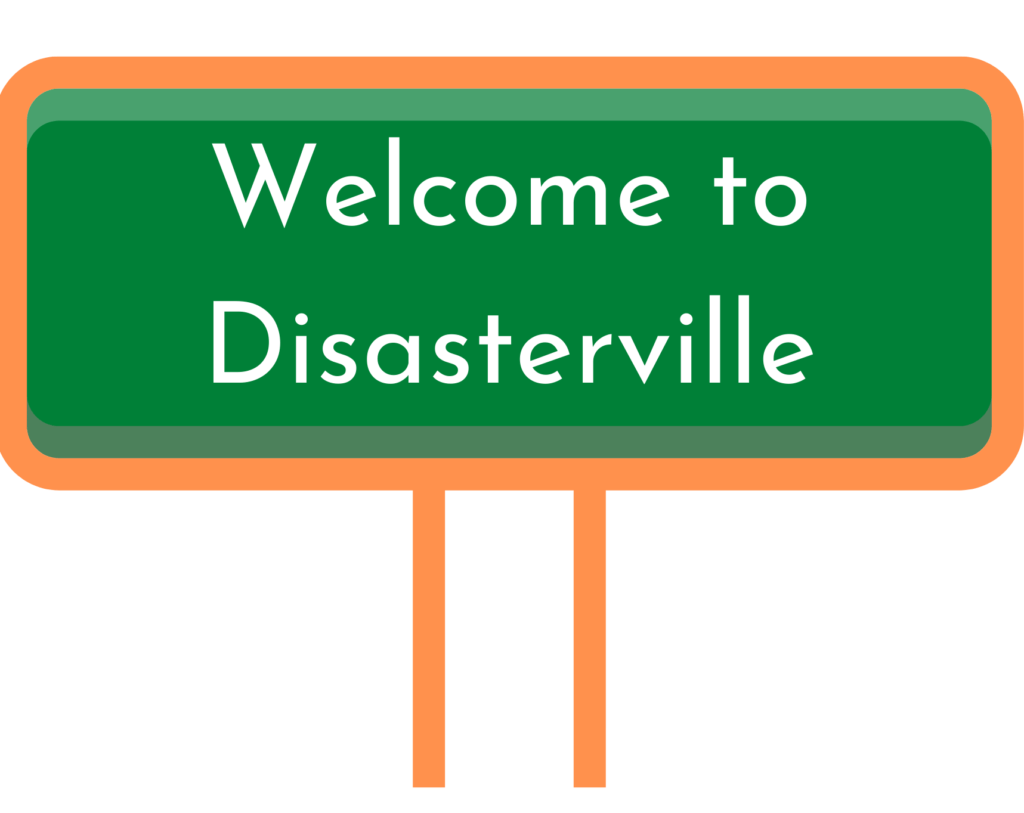Welcome Back _review

Carrie: Nice to see you again, Terrye. This is your 6th visit. Only 2 more to go!!
Today we’ll talk about civil rights, disasters and COVID-19. As you may know, the Americans with Disabilities Act (ADA) prohibits discrimination against people with disabilities, including in all aspects of emergency and pandemic (like COVID-19) services and programs. The means that it is against the law to treat people with disabilities differently from people without disabilities before, during, and after a disaster, emergency or pandemic. Discrimination is prohibited in all emergency phases, including mitigation, planning, response and recovery.
Section 504 of the Rehabilitation Act of 1973 prohibits discrimination on the basis of disability by the federal government, federal contractors, and by entities that receive federal financial assistance. This means that entities which get money from the federal government, like the American Red Cross and many local (city, town, or county) governments, can’t discriminate based on disability.
Other federal laws also apply, like Section 1557 of the Affordable Care Act which prohibits discrimination on the basis of race, color, national origin, sex, age, or disability in certain health programs or activities. The Civil Rights Act of 1964 prohibits discrimination on the basis of race, color, religion, sex, national origin, and later sexual orientation and gender identity.

EM: Today our discussion will focus how the ADA relates to disability inclusion and local emergency planning. But planners should also be aware that other federal or state laws and local regulations may also apply. State and local law can generally be more stringent but not less stringent than the ADA.

